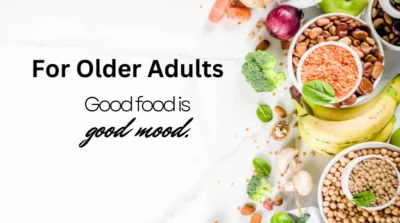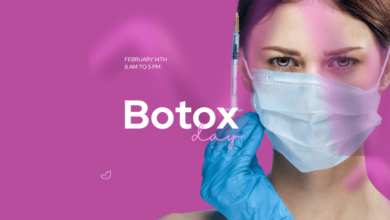Nutrition For The Elderly


Numerous factors, one of which is elderly, have a significant influence on a healthy diet and nutrition. Nutrition and food makes a change in the makeup of the body. While the body will lose bone and muscle mass as our age. Due to the hormones’ lack of action, muscle and fat pretty active these days. you have to live a healthy life, regardless of your age. May be Nutrition and Food makes a man fit and young.
Water
Age causes the body’s water content to decrease, thus many people can quickly get dehydrated. Occasionally they won’t feel thirsty, but sometimes it’s pouring a drink of water requires too much effort. Due to this keeping this in mind, it is advised that they consume at 2.2 pounds of weight require 1 ounce of water.
Protein
Protein is essential at this stage of development. Protein, nutrition, and food is required to sustain a strong immune system and stop the muscle from withering. Since Older people should eat more because their energy demands are lower. Healthy eating and good sources of protein are eggs, lean meats, poultry, plus fish.
Carbs and fiber
The principal source of energy for humans is carbohydrate and nutrition basics. The whole body Bread contains carbohydrates, pasta, cereals, and other grain-based items. A diet of water and foods higher in fiber will aid in can help to reduce constipation.
Fat
The elderly should consume less fat, not eliminated. By consuming meat and vegetables, you can reduce your intake of fat. Low-fat dairy items, as well as meal preparation techniques other than frying.
Iron
Iron deficiency in the elderly might be evident in people who don’t eat a lot. Foods with iron are necessary. Breakfast cereals and lean red meat are both excellent sources of iron.
Zinc
Zinc is often used by the elderly, and to make matters worse, it is not very well absorbed.
You should consume meat, poultry, and fish in your diet to help you satisfy your zinc needs.


Key Nutrients For Older Adults
Vitamin D and calcium
Older adults need calcium and vitamin D to stay healthy. These minerals give protection against osteoporosis disease and fractures. These nutrients can be found in milk, green veggies, and supplements.
Vitamin B12
Vitamin B12 is essential for nerve function. However, aging can reduce the absorption. If you lack this nutrient in your diet, consider fortified food or supplements.
Fatty acids Omega-3
In elderly folks, fatty acids omega-3 are good for the heart and brain. Include nuts and fatty fish like salmon in your diet to acquire these fats.
Potassium
Potassium is vital for maintaining healthy blood pressure. This nutrient is found in potatoes, bananas, and oranges.
Calcium
One element that most older people consume is calcium.
are simply not receiving enough of. In most cases,
people believe that milk affects their stomach, so they
won’t do that. They should receive approximately 1500.
nonfat powdered milk can provide up to mg of calcium per day.
be utilized in place of milk in recipes. Other
meals like low-fat cheese, yoghurt, and broccoli
may also aid in meeting your calcium needs.
Vitamin B12
The inherent properties of B12 must be absorbed in order for
The stomach is required to generate factors. most senior
People have B12 deficiencies as a result of
possessing the illness atrophic gastritis. This
situation results in gastrointestinal irritation,
Overgrowth of microorganisms and the intrinsic factor
This vitamin might be ineffective without insulin production.
consumed.
Each of the aforementioned nutrients is required to maintain
an old body in good condition. people in their 80s
should make an effort to be active and pursue a
healthy diet. Despite the fact that the aging body isn’t the same way it was before, the necessary maintenance and nutrition for seniors can aid in a senior’s enjoyment of a healthy and lengthy life.
Every age has different nutritional requirements. The elderly need Nutrition and Food, particularly careful with specific ingredients as the diet should act as “medicine” for the body, without straining or burdening it.
The Irish Institute of Nutrition and Dietetics advises:
Make exercise a part of your life. A simple, daily walk will activate your body and help you deal with many health problems.
Follow the rule of 5 servings of vegetables and fruits every day. Be sure to include all fruits and vegetables in your diet in every possible combination.
Protein is important for muscles. Use iron supplements in daily life. Choose foods rich in protein, such as meat, poultry, and fish. Include in your diet the precious Ω3, which you will find in sardines and salmon. Eat beans, eggs, and nuts to increase the protein in your body.
To keep your bones healthy, choose low-fat dairy products. A rich source of calcium and vitamin D are fortified dairy products that you should also consume.
Moderate alcohol to the minimum amount.
Choose heart-friendly foods like olive oil.
Drink lots of water and eat things full of nutrition and food. Dehydration causes dizziness, fatigue, and constipation. Consume enough fluids every day.




